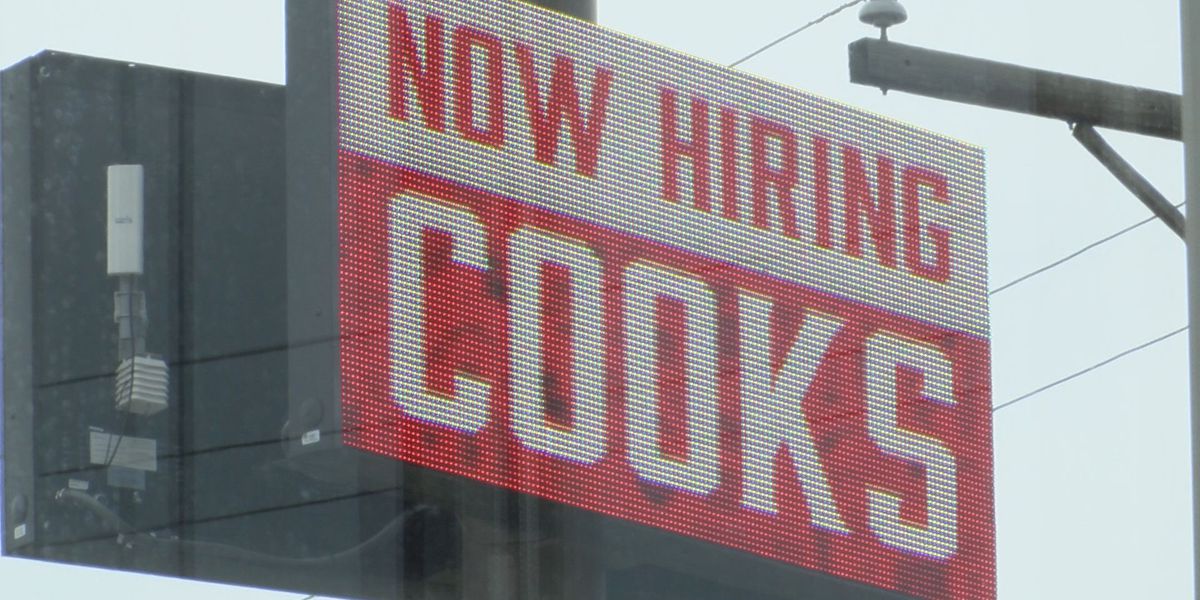Private payrolls picked last month, and the economy added $4.8 million jobs. The unemployment rate falls to 11.1 percent. Despite those big economic data, the pandemic still poses a severe threat to economic recovery.
Employers added nearly 5 million jobs, but initial jobless claims are still close to 1.5 million, and 20 million Americans continue receiving unemployment benefits. At this point, the V-shaped recovery that many labor experts forecasted is not going to happen.
Continued Weeks Claimed- Private payrolls
Nearly 20 million Americans continue getting unemployment benefits. Employers are not adding millions of workers back to their payroll.
The rapid spread of the virus in Florida, Texas, and Georgia are forcing leaders in those states to rethink their premature move to open their economy back up. Florida is now asking bars, salons, and other businesses to close again.
Businesses in those states might have to lay-off their employees again since leisure, restaurants, and hospitality made nearly half of all job gains. The July job report might not be spectacular.
Pandemic Emergency Unemployment Compensation Claims
The pandemic unemployment insurance, which provides unemployed Americans with an additional $600 each week, will end July 31, 2020. If Congress does not act before the deadline, millions of Americans will have serious problems paying their bills. The maximum unemployment insurance benefit in the state of Florida is $275 per week.
July Private Payrolls and the Unemployment Rate
President Trump called the June job report “spectacular,” but he is aware that the virus continues to impede the U.S. economy. Governors from populous states like California, Texas, and Florida start asking businesses to shut down again. As a result, there is a strong possibility that the economy might lose jobs in July after two consecutive months of impressive job gains
Trump knows that a V-shaped economic recovery might not be happening. The president starts advocating a higher amount of direct payments to Americans.
About two months ago, under the CARES Act, the government sent direct cash to individuals and families. They sent $1,200 for individuals, $2,400 for married couples, and $500 per child.
Consumer spending is 70 percent of the country’s gross domestic product (GDP). If Americans can’t work, the government must find effective ways to support Americans who need it the most financially.








Pingback: A Money Market account Vs. Money Market Fund - FMC